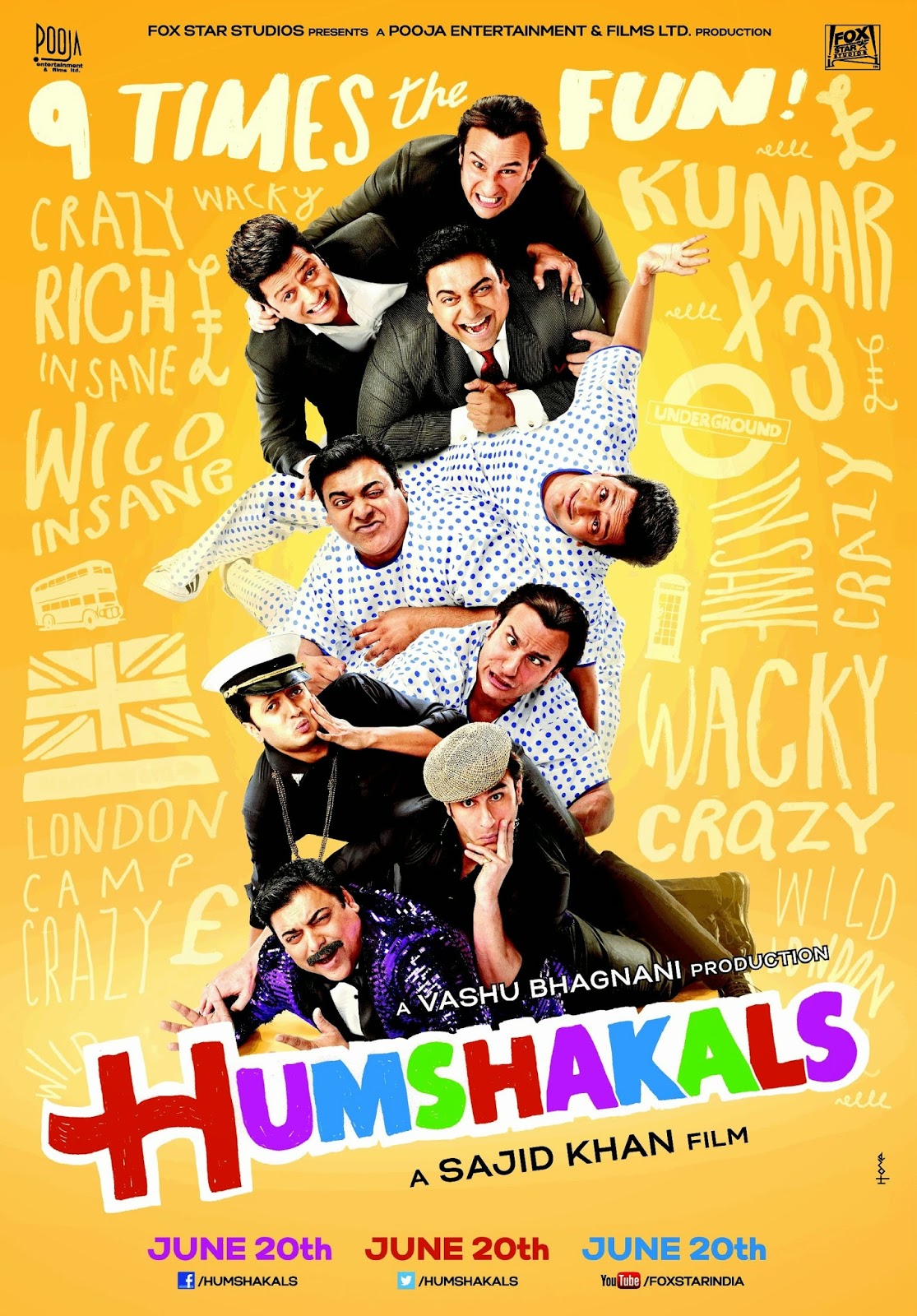Direction (and writing): Chaitanya Tamhane
Cast: Vivek Gomber, Geetanjali Kulkarni, Vira Sathidar, Pradeep Joshi
Rating: ***1/2
Cast: Vivek Gomber, Geetanjali Kulkarni, Vira Sathidar, Pradeep Joshi
Rating: ***1/2
A day before Chaitanya Tamhane’s award-winning multilingual film
(Marathi, with Hindi, English and Gujarati), Court, is to release in theatres,
there’s news that the censor board asked for two lines to be deleted. One
concerns a propaganda Marathi play, dealing with the anti-north Indian
sentiment; the CBFC has an issue with the term ‘aai-mai’ (mother-sister).
It could be a scene from Court, which deals with intolerance and
censorship. We live in strange times, where expressing dissent has
consequences, where everyone is quick to take umbrage. It makes Tamhane’s film
that much more relevant.
A sewage cleaner, Vasudev Pawar, has died, ironically, by falling into a
sewer. A rebel poet, Narayan Kamble (Vira Satidhar), has been arrested on
grounds of abetment of suicide because, allegedly, he stood nearby, Pied
Piper-esquely singing about suicide.
It is an absurdist premise. Pawar is arrested frequently, on little
pretext, because his anti-establishment songs are seen as dangerous. In the way
his case drags, unendingly, illogically, it reminds you of Samuel Beckett’s
Waiting for Godot. Even more acutely, in its sharp satire of a dystopian
system, it shares sentiments with Tagore’s Tasher Desh (The Land of Cards).
In Tagore’s play, a rigid, unquestioning regime is governed by redundant
laws. In Court, the prosecutor (Geentanjali Kulkarni) is the agent of such a
system. She reads out long legal notes impassively; says “I strongly object”
with no emotion; and refers to redundant Victorian laws; and when faced with
logic, argues, “but the law is there”. Tamhane lends a dry humour to the
procedural scenes. At one point, the judge rejects the case of a certain Mercy
Fernandes because she’s wearing a sleeveless top, considered “indecent” in
court.
Yet, it’d be myopic to say that the critique is of the judiciary alone.
It is symbolic of a systemic rot – in governance and education. So, sewer
cleaners work in inhuman conditions, even as products of rote learning debate
in court why the victim chose not to wear protective gear.
There are no villains, since we’re all products of our milieu. The film
attempts to establish that by following the central characters out of court.
Yet, herein also lies the film’s weakness. Glimpses into the lives of the
judge, the prosecutor and the defender Vinay Vora (Vivek Gomber, also the
producer) – each representing different social strata – encourage the audience
to judge them on the basis of clichés.
The prosecutor leads a mundane life comprising household chores, a
diabetic husband, and propaganda plays by means of entertainment. Vora is the
polar opposite – the urban elite who shops for wine and cheese, and hangs out
at pubs where songs from Brazil spark conversations about foreign holidays. The
weakest portrayal is that of the judge, who advocates numerology and
astrological gemstones, and slaps a kid who plays a prank. A statement about
rash justice and power structure, perhaps, but a simplistic one.
Yet, National Award-winner Court does several things right. The
understated performances, not just from the principal cast (the support cast
comprises non-professional actors), are a departure from the usual histrionics
in courtroom dramas. The cinematography is exemplary. An abundance of
fixed, wide-angle shots provide the perspective of an observer at the back of
the room.
Above all, Court does brilliantly what a lot of cinema aspires to do. It
holds up a mirror to society; and it makes you worry about what you see.
Review originally published in Hindustan Times






